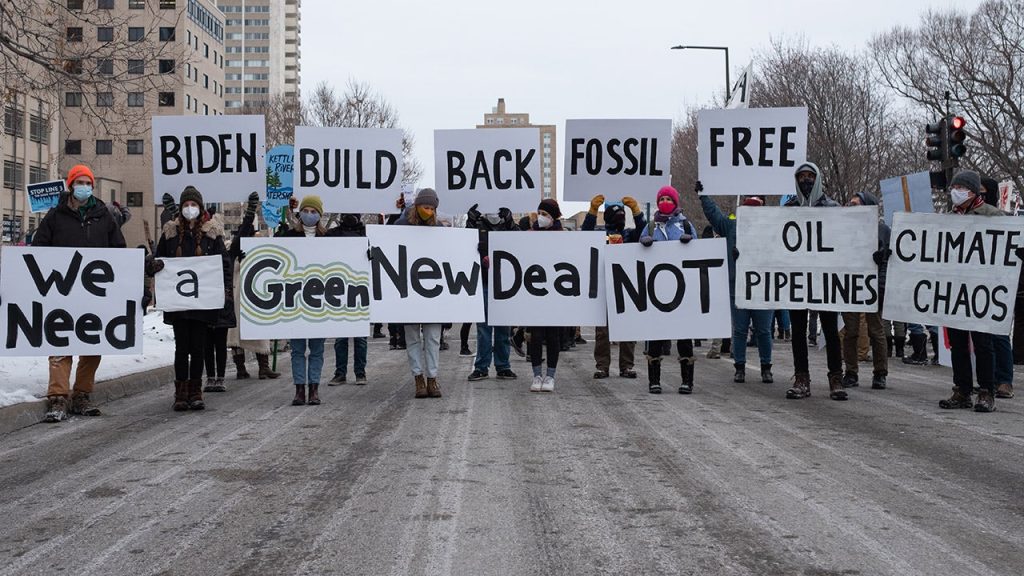The Supreme Court is showing an interest in a challenge brought by Hawaii against major oil companies for their role in climate change. The city of Honolulu has sued companies like Sunoco, Exxon, and Chevron for failing to warn consumers about the risks of their products causing greenhouse gas emissions and global warming. The city is seeking billions in damages to address the effects of climate change like weather events, sea level rise, and flooding. The Supreme Court has asked the Justice Department for their input on the case, indicating a likelihood that the court wants to hear it.
Energy companies have appealed to the Hawaii Supreme Court, arguing that federal law prevents individual states from shaping energy policies for all states. However, the Hawaii Supreme Court disagreed and allowed the case to advance to trial. The companies believe that these state and local lawsuits violate the federal constitution and interfere with federal energy policy. Some Democrats and liberal advocates are preemptively criticizing the Supreme Court for potential delays and interference in fossil fuel emissions regulations. They argue that the court is “captured” by the fossil fuel industry.
The Federalist Society, a conservative legal group, has advocated for the Supreme Court to take up the Hawaii case. Critics claim that liberal dark money groups and legal partners have been pushing for this litigation. Hawaii Supreme Court Chief Justice Mark Recktenwald has accused energy companies of knowingly concealing the risks of their fossil fuel products and engaging in disinformation campaigns. It was revealed that Recktenwald collaborated with a judicial advocacy organization funded by left-wing nonprofits to educate judges on handling climate change litigation.
Sher Edling, LLP, the firm representing Hawaii in the case, works on numerous climate-nuisance cases across the country. The firm has received funding from liberal dark-money organizations. Critics argue that these lawsuits pose a threat to consumers and are being funded and supported by left-wing dark money. They also claim that groups like the Climate Judiciary Project are indoctrinating judges with far-left climate change propaganda. The Supreme Court may decide to take up the Sunoco v. Honolulu case as early as this summer.
Senator Sheldon Whitehouse has been vocal in criticizing the Supreme Court for its potential handling of the climate change lawsuit. He believes that the court’s delays and interference in fossil fuel emissions regulations have benefited the polluters and saved them money. Critics argue that the court should prioritize federalism and constitutional tenets over left-wing policy goals. The possibility of the Supreme Court hearing the Hawaii case has raised concerns among those supporting the lawsuit. Overall, the case highlights the ongoing debate surrounding climate change litigation, the role of big oil companies, and the influence of dark money in legal proceedings.


